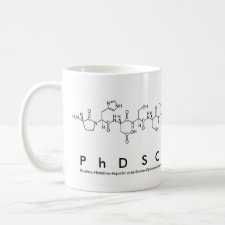
Authors: Luppa PB
Article Title: Immunosensor technology - Principles and applications.
Publication date: 2001
Journal: Laboratoriums Medizin
Volume: 25
Issue: (9-10)
Page numbers: 388-398.
Abstract: Immunosensors are affinity ligand-based biosensor solid-state devices in which the immunochemical reaction is coupled to a transducer. The fundamental basis of all immunosensors is the specificity of the molecular recognition of antigens by antibodies to form a stable complex. This is similar to immunoassay methodology. Immunosensors can be categorized based on the detection principle applied. The main developments are electrochemical, optical, and microgravimetric immunosensors. In contrast to immunoassay, modern transducer technology enables the label-free detection and quantification of the immune complex. The analysis of trace substances in environmental science, pharmaceutical and food industries is a challenge since many of these applications demand a continuous monitoring mode. The use of immunosensors in these applications is most appropriate. Similarly, a series of clinical problems may be solved by continuous monitoring of certain analytes. Hence, clinical chemists should take advantage of immunosensors in clinical diagnostics. Therefore, the aim of this review is to portray the recent developments in the immunosensor field and their potential impacts in clinical diagnostics



Join the Society for Molecular Imprinting

New items RSS feed
Sign-up for e-mail updates:
Choose between receiving an occasional newsletter or more frequent e-mail alerts.
Click here to go to the sign-up page.
Is your name elemental or peptidic? Enter your name and find out by clicking either of the buttons below!
Other products you may like:
 MIPdatabase
MIPdatabase









